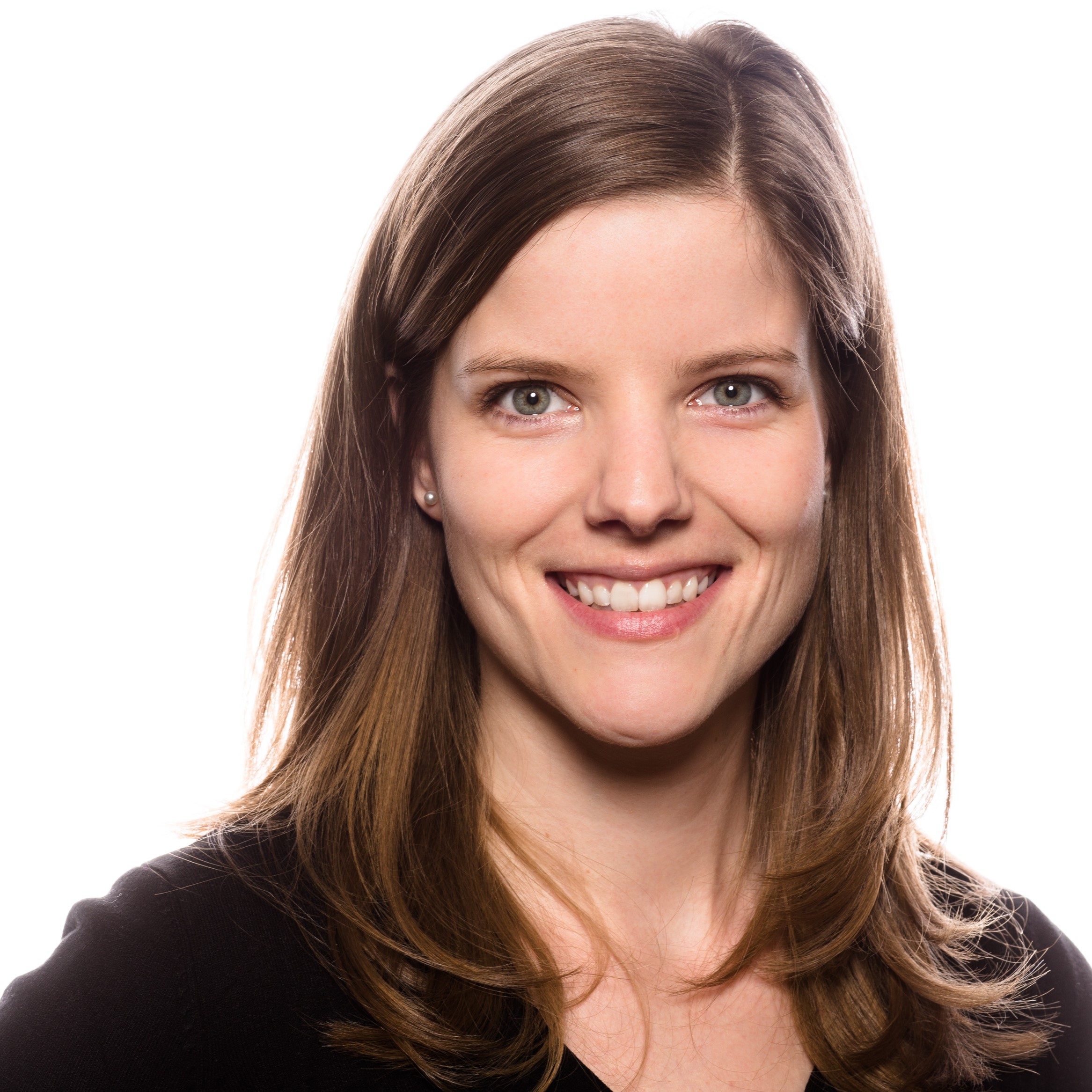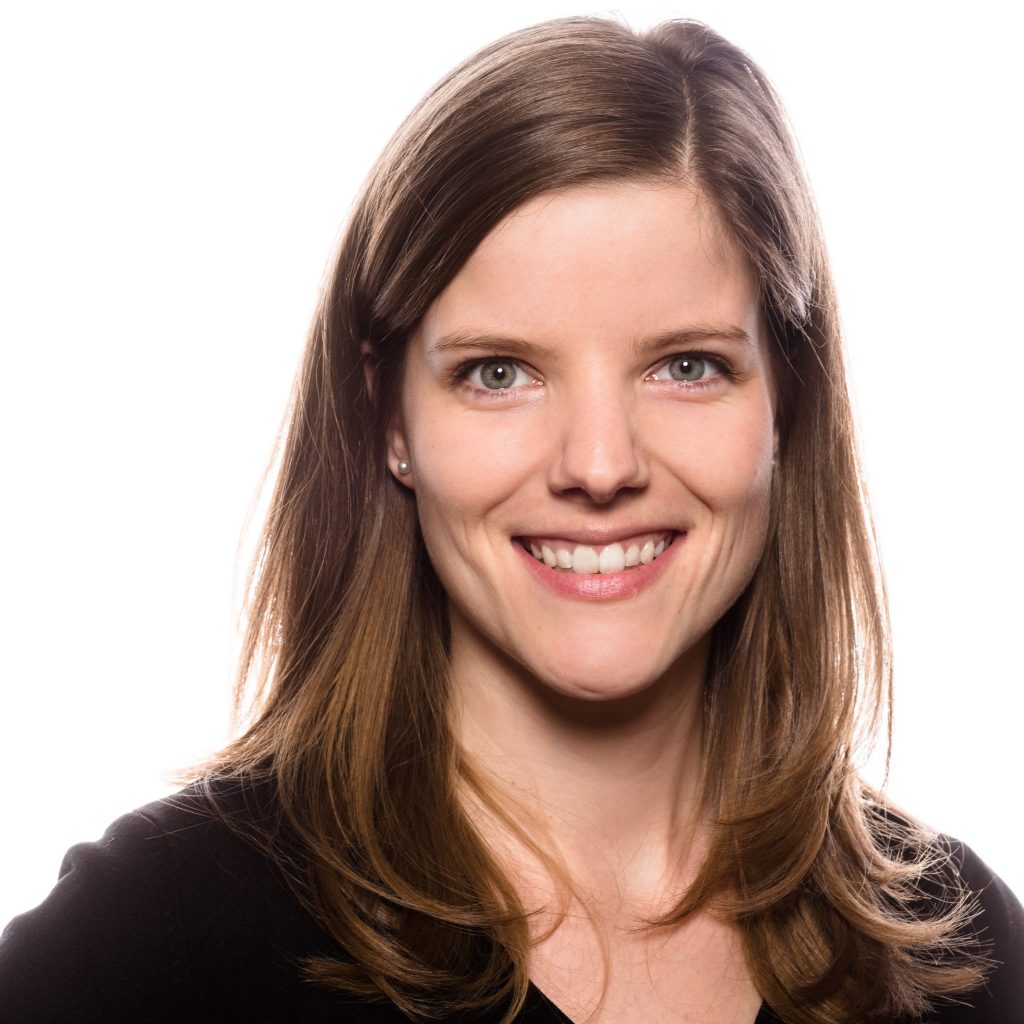Laura is a partner at Ashoka Germany and Board member at the Social Entrepreneurship Network Germany (SEND). As a social entrepreneurship enthusiast, she believes in the power of each individual to support and create change for the better. What gets her up to work each day? Making great ideas happen on the way to creating an ecosystem in which social innovation can thrive and more people can find their roles as changemakers towards sustainable and just world. Helpful in the background: A B.A. in Communications/Mandarin and a Master of Public Policy as well as great networks like the ThinkTank 30 of the German Society to the Club of Rome, of which she’s a thankful member. In her spare time, you can find Laura in the next hardware store or exploring cafes and parks of Hamburg where she lives with her family.
Laura has deployed her skills as an innovation scout, convener and sparring partner for social entrepreneurs for the last nine years (and counting!). The key question driving her ambition?
How can we create a world in which everyone can use their talents to drive social innovation and the good of all?
Social entrepreneurship in Germany
“When my colleagues started in Germany 15 years ago they took on the job of showcasing what social entrepreneurship is and its potential to innovate for the public. Around 2011 we felt we had enough knowledge to see that most of the social entrepreneurs we were working with nationally came to similar crossroads sooner or later:
- What are the best financing tools for spreading social innovation?
- How do Social Entrepreneurs find the right talent and build impactful teams and alliances?
- What kind of voice do Social Entrepreneurs need towards the political sphere and into public institutions?
Over the years, we launched several initiatives to address these organizational level challenges until five or six years later, we reassessed our work and found ourselves wondering why many promising solutions to pressing social issues did not scale as they could. Out answer: We don’t only need support in professionalization, we need a supportive ecosystem for systemic social innovation to thrive. After all, that’s where Social Entrepreneurs are best: in addressing root causes of societal problems and creating new solutions for overcoming them.
As part of that mission, we helped launch the Social Entrepreneurship Network Germany (SEND) almost three years ago. We’ve been thinking about how to give the needs of social entrepreneurs a voice with regard to national policy. We knew we needed a solid core group that represents several stakeholders. With SEND, we now have a super capable team in place that is building a strong presence toward public institutions. SEND facilitates a dialogue among stakeholders in the public sphere and represents social entrepreneurs.
I recently joined the Board and now that there finally is a somewhat national dialogue on how to support and foster social entrepreneurs(hip), we are faced again with the need to define what social entrepreneurship is and what is not in the broad sphere of activities. Our most challenging discussions revolve around the constant question: For innovative solutions to impact existing societal systems (i.e. health system, agriculture, etc.), how do you leverage the current structures to succeed? And where do you have to change these structures altogether? And we have to acknowledge that social entrepreneurs play on different impact levels and very different organizational structures and financial models.
- On the one hand, you have classic social startups that serve customers within the existing system. They leverage the market as it is, they benefit from opening up and adjusting support programs such as accelerators and – through scaling their operations – are able to make an impact. Often, they contribute to transform how we consume or how services are delivered, and they also showcase how parts of economy could look like when handled differently.
- On the other hand, we see social entrepreneurs being systems changers who don’t play the economic game at all but are innovators for the public by driving movements, change laws and mindsets with a strong systems perspective on markets.
Let’s keep in mind: Contributing to a sustainable world and overcoming social issues is what we should define social entrepreneurs by – and I know it’s hard, because once you take an easy to measure thing like “profitability” away, you need to find new metrics to go by. That’s one thing we are working on with SEND.”
What are you excited about at the moment?
“I actually believe that many things are at stake. This IS the decade for tackling the SDGs and dealing with climate change. It’s up to all of us to find our respective roles. It’s up to us to get up everyday and find ways to contribute to society within the planetary boundaries on one end and a society of empathy and solidarity on the other. I love that Ashoka globally explores how we can best use the fast experience of 4.000 and counting Social Entrepreneurs to walk impactful steps towards a world in which essentially everyone is equipped to drive social change for the good of all.
Call me naive but I see sparks of activity everywhere in Germany that give me hope that we can tackle this, just to name a few:
- I see so many companies wanting to play an active role in achieving the SDGs and working on this, i.e. if you look at the conversations in this years’ WEF
- Lots of people are joining the workforce and asking how they can contribute in a more meaningful sense. They ask companies” Can you give us purpose?” and will screen for impact-driven careers.
- Just recently, the high-tech forum that advises our state on the strategy for high-tech innovation published a paper on social innovation and called for an improvement of our infrastructure for innovation to thrive.”
Why are you passionate about this work?
“I haven’t found a better way to put my strengths into practice. At least so far, I haven’t been the top notch entrepreneur with system changing ideas myself, but there are many things I am really good at to support those who are, and I love to co-innovate and execute.
I want to look my kids in the eyes and tell them ‘I did what I could to shape a world that is worth living in for most people.’”
What impact are you hoping to make through your work?
On an organizational level it’s clearly defined: We have a strategy with milestones accounting for regular iterations and sprints to move forward and reassess. I contribute to building an ecosystem in which systemic social innovation can thrive and in which more people can become changemakers through social entrepreneurship.
On a personal level, I try to be the best role model I can, balancing all the different pieces of life in a sustainable way – being an Ashoka partner, colleague and team member, wife, mother, volunteer and member of my community. What I love about working at Ashoka is that we invested in becoming a self-organized team with distributed leadership and the call for each of us to appear to work as their authentic and whole self. This is a life changer. We need that, because our work is challenging. Being a network organization and convener, our work is never ever done. It takes self-discipline and organization to say ‘It’s enough for today.’”
How can we support you?
“Be conscious of your behaviour and how it affects others. At Ashoka Germany, we have learned a whole lot as a team on our journey to becoming self-organized. I believe that if even more people were aware of what they did and why and cared about good and open learning conversations, we could make greater strides in changing systems and rethinking how else society might work.”

Laura Haverkamp
Hamburg, Germany
Scout and systems thinker. Co-innovator and sparring partner. Board member, partner & mother.
